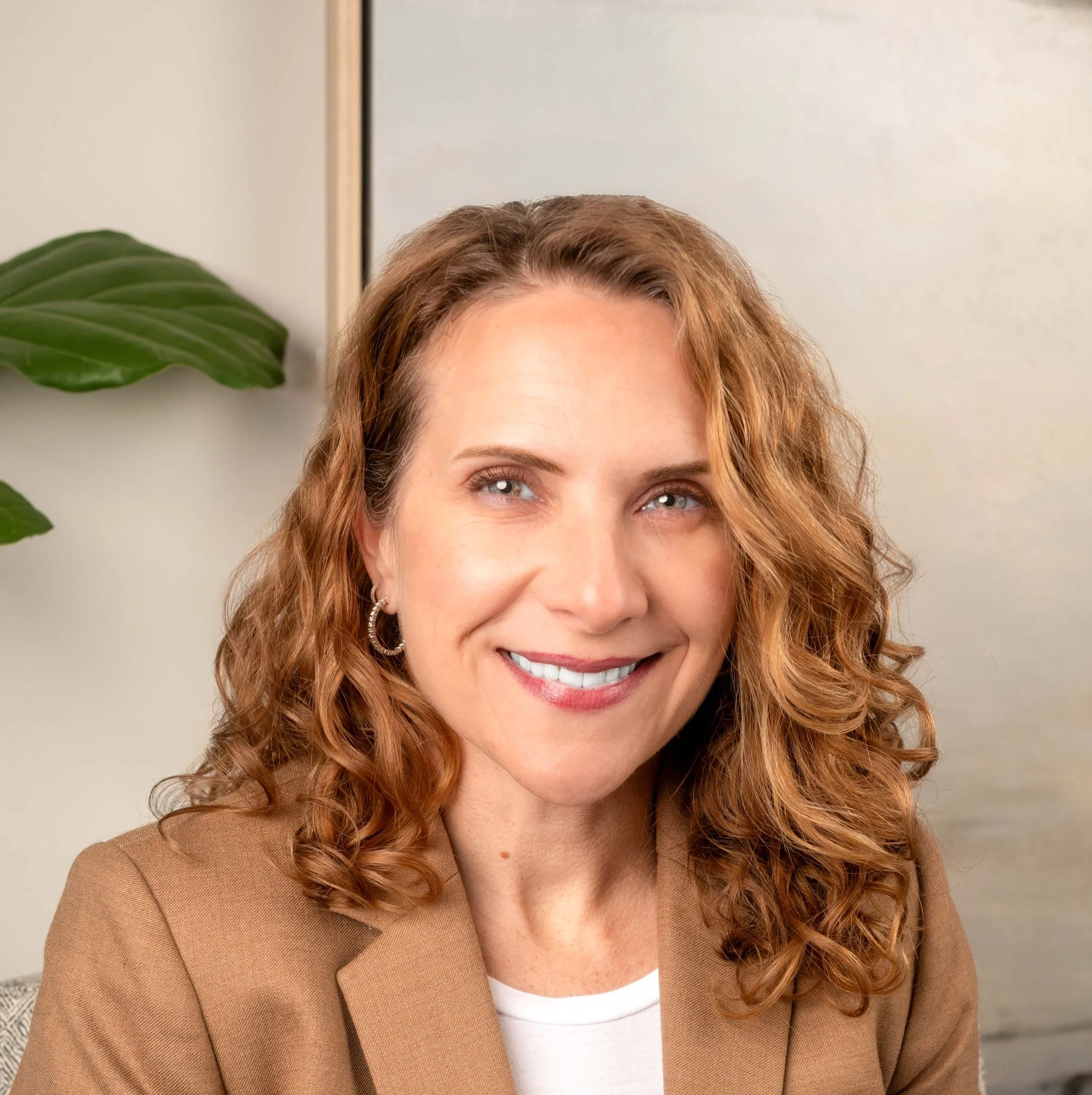
I’m Linda Kondilis, PhD
I’m an explorer at heart. Before settling down in Atlanta, I spent the majority of my adult life traveling and relocating. I enjoy new experiences, culture, and people. It is no surprise that the field of psychology was the right fit. I can think of no other career that I could love more. View my education/work history.
My Educational and Professional Background
-
Relocation to Atlanta (2014): Started a psychology practice specializing in reproductive health, including infertility, third party reproduction, and crisis support for abortion for medical reasons.
Certifications & Lectures: Certified in Ali Domar’s Mind Body Program for Fertility, completed a 12-month Fertility Counseling Postgraduate Course, and has been a guest lecturer at leading reproductive centers and the American Society of Reproductive Medicine.
-
University of Massachusetts-Boston: Studied psychology and sociology, minoring in women’s studies.
University of California-San Francisco: Conducted research in Obstetrics and Gynecology on prenatal testing tools and quality of life in women with severe menstrual pain and bleeding.
-
New York Presbyterian Hospital-Cornell: Coordinated research on maternal health and pain management, and later managed projects on the genetics of anorexia and treatments for binge eating disorder in the Department of Psychiatry.
Nova Southeastern University: Earned a doctorate in clinical psychology, focusing on adult interventions. Awarded the Dean’s Leadership Award and a grant for research on HPV vaccine acceptance in the Latino community.
SUNY-Upstate Medical University: Internship focused on adult clinical interventions and supervising psychiatry students.
Hobart and Williams Colleges: Post-doctoral work as AOD coordinator, developing an AOD assessment and intervention protocol, and training faculty and students in crisis intervention.

Discover the Benefits of Teletherapy with Dr. Linda Kondilis
Ready to Take the Next Step? I can help.
If you're interested in how we can work together, reach out to schedule a complimentary telephone consultation. You can also book a session online today using the button below.


